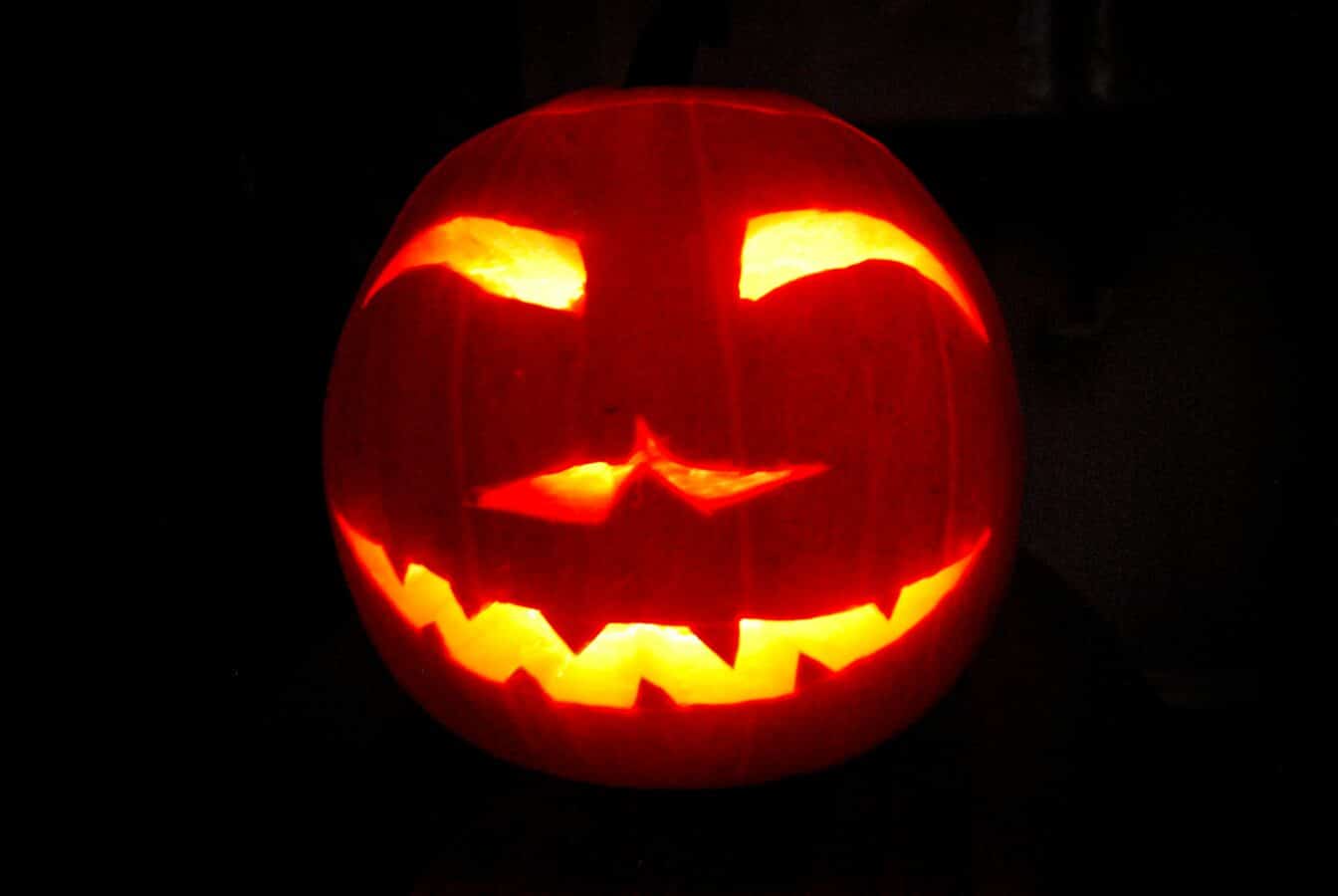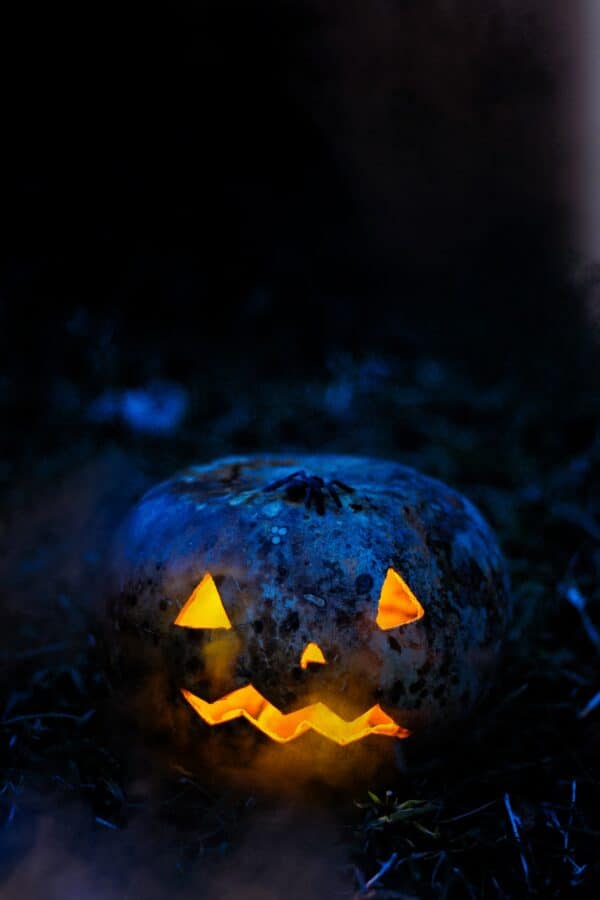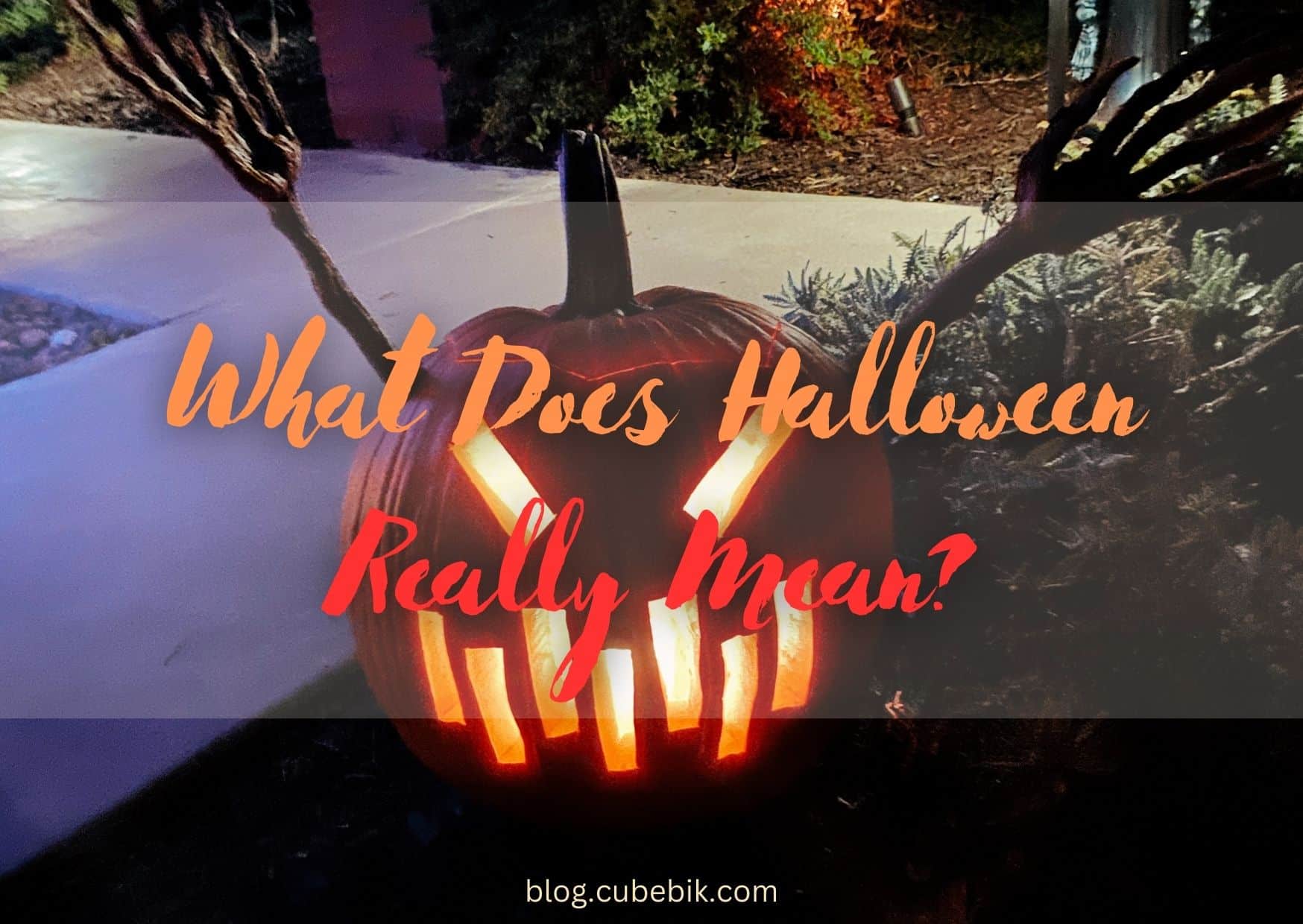Unraveling the Mystery Behind This Spooky Celebration
Halloween, often associated with costumes, candy, and haunted houses, is a time when people young and old come together to embrace the eerie and the unknown. But have you ever wondered what lies beneath the surface of this spine-tingling holiday has often been a subject of curiosity. So, what does Halloween really mean? In this article, we’ll delve deep into the history, traditions, and the true essence of Halloween.
What Does Halloween Really Mean?
The Origins of Halloween
Halloween’s roots trace back to ancient Celtic traditions, particularly the festival of Samhain. Samhain marked the end of the harvest season and the beginning of winter, a time associated with death in Celtic culture. It was believed that on the night of October 31st, the boundary between the living and the dead blurred, allowing spirits to roam the earth. People lit bonfires and wore costumes to ward off malevolent ghosts.
Halloween’s Christian Connection
As Christianity spread across Europe, it incorporated some of the pagan traditions of Samhain into its own celebrations. November 1st became All Saints’ Day, a day to honor saints and martyrs. October 31st, the eve of All Saints’ Day, was known as All Hallows’ Eve, eventually becoming Halloween.
Trick-or-Treating: A Modern Tradition
The concept of trick-or-treating as we know it today emerged in the United States in the early 20th century. Children dressed in costumes would visit homes, asking for candy in exchange for the playful threat of tricks. This custom has since become synonymous with Halloween.
The Halloween Parade
Parades are a common sight during Halloween, with participants donning elaborate costumes, some of which are truly creative works of art. These parades provide a platform for self-expression and a sense of community among participants.

Haunted Houses and Horror Films
The fascination with the supernatural and fear of the unknown are central to Halloween. Haunted houses and horror films are popular attractions during this time, giving people a safe and thrilling way to experience fear. It’s a chance to confront our deepest fears in a controlled environment.
Halloween Around the World
While Halloween is most commonly associated with the United States, it’s celebrated in various forms around the world. In Mexico, the Day of the Dead (Dia de los Muertos) honors deceased loved ones with colorful altars and offerings. In Ireland, the birthplace of Halloween, they host fireworks displays and bonfires. Each culture puts its unique spin on the holiday.
The Commercialization of Halloween
In recent years, Halloween has become big business. From costumes and decorations to candy and party supplies, the holiday generates billions of dollars in revenue. While some lament the commercialization of Halloween, it has also allowed for greater creativity and variety in celebrations.
Halloween and Personal Expression
For many, Halloween serves as an opportunity to express themselves and explore their creativity. It’s a time when societal norms are temporarily set aside, and individuals can transform into whoever or whatever they desire. This sense of freedom and self-expression is a significant part of Halloween’s appeal.

Conclusion
In conclusion, Halloween is more than just a night of spooky fun. It’s a holiday deeply rooted in history, with a rich tapestry of traditions and customs that have evolved over the centuries. Whether you’re a fan of haunted houses, a connoisseur of candy, or simply enjoy the sense of community that Halloween brings, there’s no denying that this holiday holds a special place in our hearts.
Frequently Asked Questions (FAQs)
The editorial team at Cubebik Blog is a group of dedicated individuals with a passion for words and a commitment to quality. They work tirelessly to ensure that every article is well-researched, informative, and error-free.

